Land grabbing: What has changed?
- Huffington Post
- 01 November 2012
What should be done about land grabs, and who should do it, remains a topic of intense debate on the international stage.
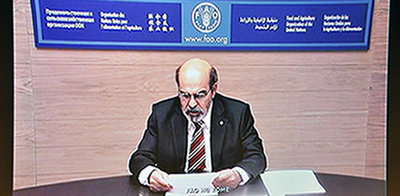
What should be done about land grabs, and who should do it, remains a topic of intense debate on the international stage.

La loi n°11/022 du 24 décembre 2011 portant principes fondamentaux relatifs à l’agriculture en RDC les inquiète parce qu’elle prévoit qu’un an après son entrée en vigueur, soit en juin 2013, les exploitations doivent être possédées à 51 % par des Congolais.
The World Forum of Fisher People (WFFP) and Pakistan Fisherfolk Forum (PFF) while welcoming the report designed by Olivier De Schutter, the United Nations Special Rapporteur on the Right to Food, who warned of the threat of ‘ocean-grabbing’ to food security, and urged world governments and international bodies to halt the depletion of fish stocks, and take urgent steps to protect, sustain, and share the benefits of fisheries and marine environments.
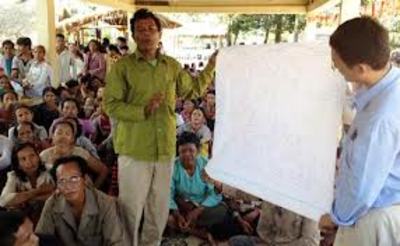
Two hundred and seven families have turned to the US Government to help mediate the long-running dispute with the exclusive purchaser of the sugar, New York-based American Sugar Refining (ASR).

Land grabs are carried out today in the Rufiji River Basin through the application of both force and consent.

“We will put an end to the possibility for foreigners to acquire farmland. With this land law, it is over, it is no more,” says Hungary's Prime Minister.

"Los abusos se multiplican. Los países ricos que no producen suficientes alimentos salen a comprar tierra en donde agua y tierra son abundantes, como lo han hecho en África los países árabes, China, Corea del Sur e India."
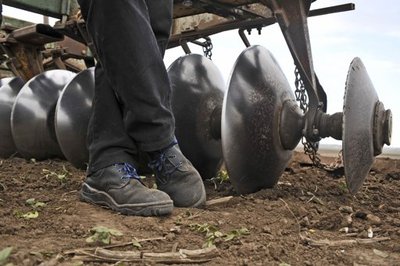
En 2014, les étrangers pourront acheter les terres agricoles, pour l’instant réservées aux Hongrois. En attendant cette échéance fixée par l’UE, que le gouvernement tente de repousser, paysans et riches personnalités s’affrontent pour les parcelles les plus intéressantes.
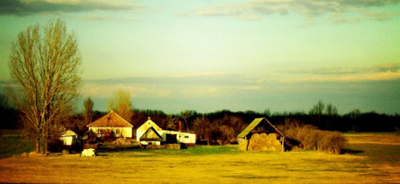
Currently reserved for Hungarians, farmlands will be available for purchase by foreigners from 2014. But as this EU imposed deadline looms, PM Viktor Orbán government is doing all it can to delay it. Meanwhile small farmers are battling with wealthy candidates, often close to sources of political power, for the most attractive lots.
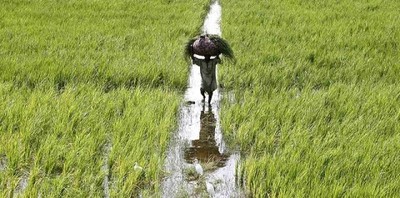
Today's neocolonials are no longer content monopolising the output of the lands; they want the source of the produce, too — the land itself and the accompanying water supply.

Olam is working closely with the Government of Gabon where it has developed the Roundtable on Sustainable Palm Oil New Planting Procedure in Africa.

“Apesar de pequenos agricultores produzirem quase a metade dos alimentos no mundo, eles constituem a população mais fragilizada, em situação de miséria e fome, cuja ausência de titularidade ou posse da terra os torna mais vulneráveis”, constata a socióloga.